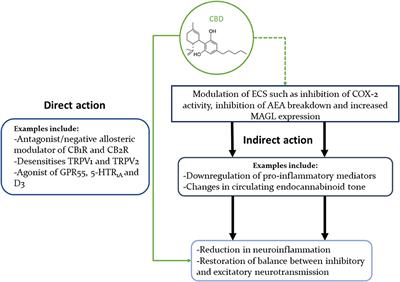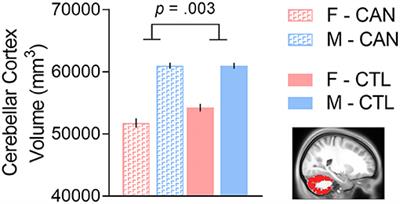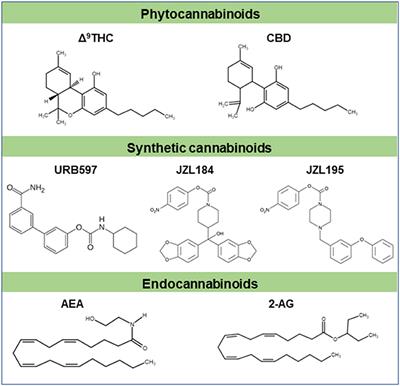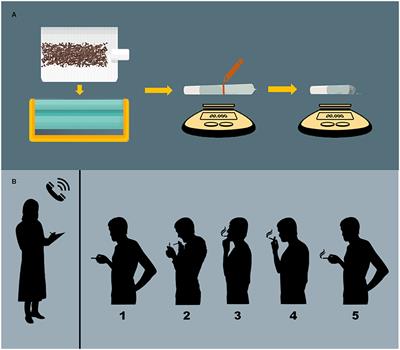EDITORIAL
Published on 28 Oct 2021
Editorial: The Endocannabinoid System: Filling the Translational Gap Between Neuroscience and Psychiatry
doi 10.3389/fpsyt.2021.771442
- 1,678 views
- 1 citation
28k
Total downloads
486k
Total views and downloads
Select the journal/section where you want your idea to be submitted:
EDITORIAL
Published on 28 Oct 2021
HYPOTHESIS AND THEORY
Published on 17 Sep 2021

MINI REVIEW
Published on 05 Jul 2021

REVIEW
Published on 21 May 2021

OPINION
Published on 20 May 2021

ORIGINAL RESEARCH
Published on 13 May 2021

REVIEW
Published on 23 Apr 2021

ORIGINAL RESEARCH
Published on 20 Apr 2021

MINI REVIEW
Published on 12 Mar 2021

METHODS
Published on 25 Feb 2021

MINI REVIEW
Published on 14 Jan 2021
REVIEW
Published on 02 Nov 2020


Frontiers in Behavioral Neuroscience
Frontiers in Integrative Neuroscience